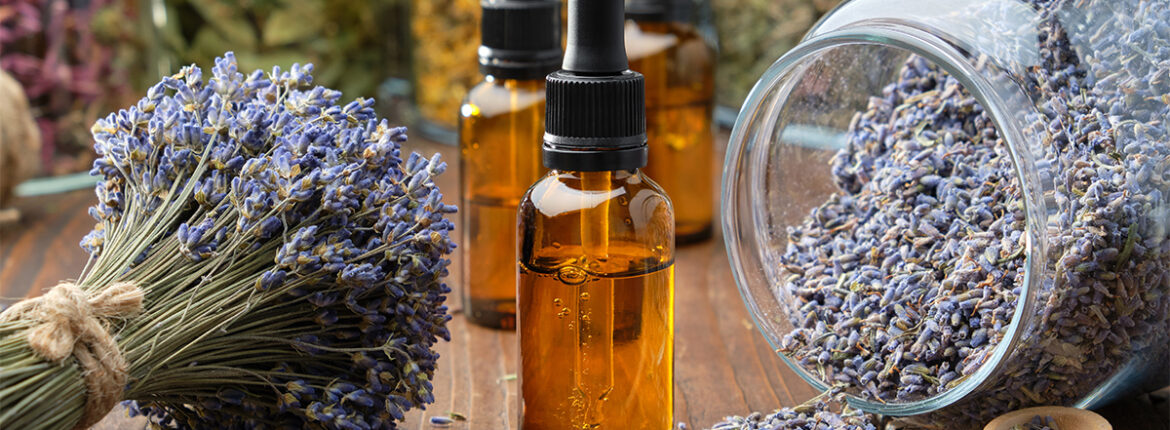

Nature’s Antifungals: A Natural Path to Relief
Fungal infections are more common than you might think, affecting millions of people worldwide. From athlete’s foot to jock itch, these conditions can cause significant discomfort and affect your quality of life. But what if you could tackle these pesky issues with products harnessing the power of nature, like our Antifungal Balm?
Welcome to the world of natural antifungals, where ancient wisdom meets modern science. In this post, we’ll explore the efficacy and history of natural antifungals, focusing on the ingredients found in our Antifungal Balm. We’ll detail their sources, histories, scientific backing, safety ratings, and even their scents. Whether you’re a health enthusiast, skincare devotee, or someone dealing with a fungal infection, this guide is for you.

Discover Nature’s Antifungal Warriors
Imagine a plant so powerful that people have used it for centuries to treat infections. Enter tea tree oil, a potent natural antifungal that’s just one of the amazing ingredients in our Antifungal Balm. Let’s explore more.
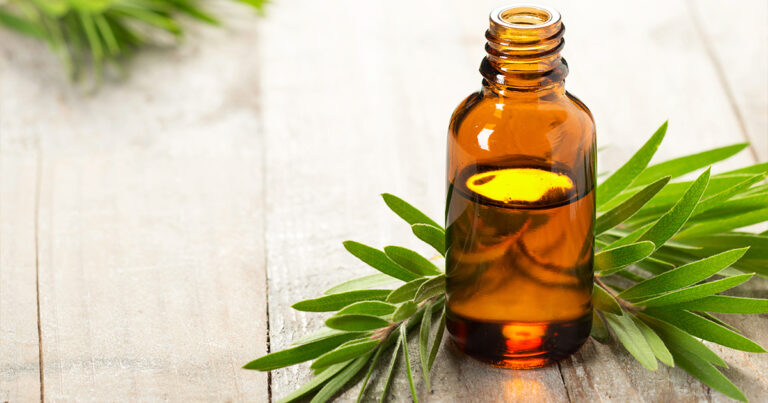
Tea Tree Oil
Source: Tea tree oil comes from the Melaleuca alternifolia leaves, a small tree indigenous to Australia.
History: Interestingly, indigenous Australians have used tea tree oil for centuries, primarily for its antiseptic and antifungal properties.
Science: Research shows that tea tree oil contains compounds such as terpinen-4-ol that can kill fungi. It’s effective against a variety of fungal pathogens.
Safety Rating: While generally safe for topical use, you should dilute tea tree oil to avoid skin irritation. Thankfully, our balm contains the perfect concentration for safety and efficacy.
Smell: Tea tree oil has a fresh, medicinal scent that many find invigorating.
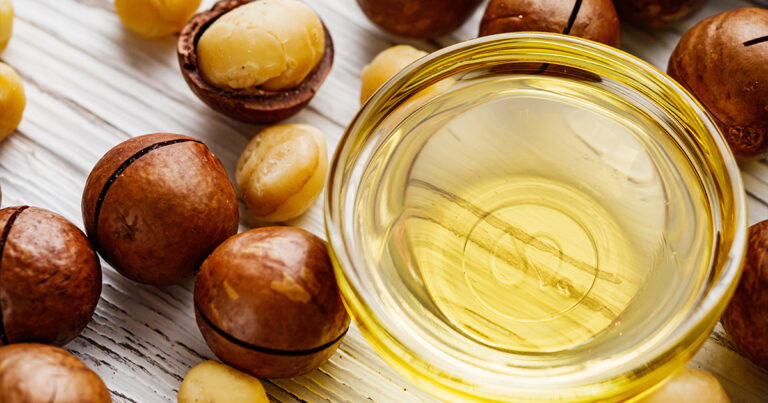
Macadamia Seed Oil
Source: Extracted from the nuts of the macadamia tree, native to Australia.
History: People have used macadamia oil in skincare for centuries due to its hydrating properties.
Science: Rich in monounsaturated fats, macadamia oil helps maintain the skin’s barrier, making it less susceptible to fungal infections.
Safety Rating: The good news is that macadamia oil is safe for all skin types and even suitable for children and should be in any good Antifungal Balm products.
Smell: Macadamia seed oil boasts a mild, nutty aroma that’s both pleasant and subtle.
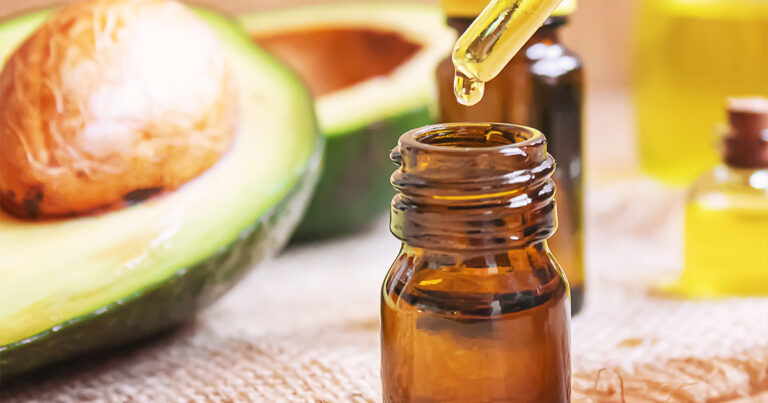
Avocado Oil
Source: Pressed from the pulp of avocados, this oil is a staple in natural skincare.
History: Used by ancient Aztecs and Mayans for its healing properties.
Science: Avocado oil contains vitamins A, D, and E, which help nourish the skin and provide a protective barrier against infections.
Safety Rating: It is highly safe, even for sensitive skin.
Smell: Unlike some other oils, avocado oil has a light, earthy scent that’s barely noticeable.
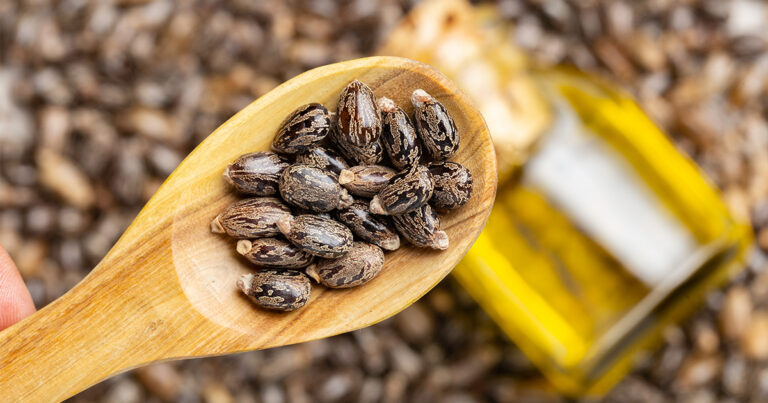
Zinc Undecylenate
Source: Zinc undecylenate is a zinc salt derived from undecylenic acid, which is obtained from castor oil.
History: Used medically since the early 20th century for its antifungal properties.
Science: It is clinically proven to treat various fungal infections, including athlete’s foot and ringworm.
Safety Rating: It is very safe for topical use in any Antifungal Balm, with minimal risk of side effects.
Smell: Another benefit of zinc undecylenate is that it is odorless, making it an unobtrusive addition to any skincare product.
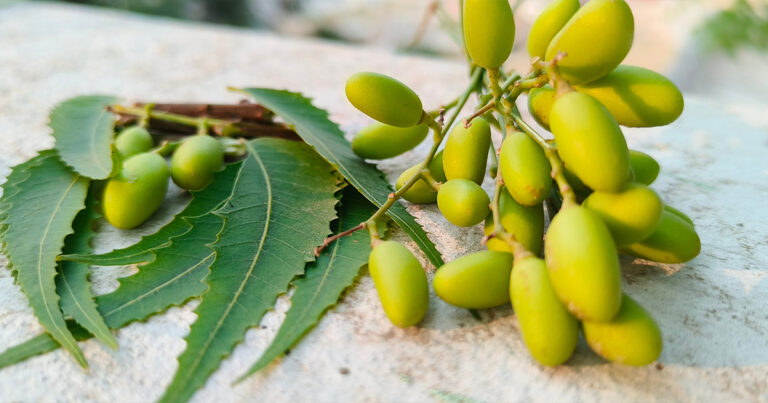
Neem Oil
Source: Neem oil is extracted from the seeds of the neem tree, which is native to India.
History: Used in Ayurvedic medicine for over 4,000 years.
Science: Neem oil contains azadirachtin, which disrupts the growth of fungi.
Safety Rating: It is safe for most users but should be patch-tested for allergies.
Smell: One thing to consider with neem oil is its scent. It has a strong, earthy aroma that can be polarizing.
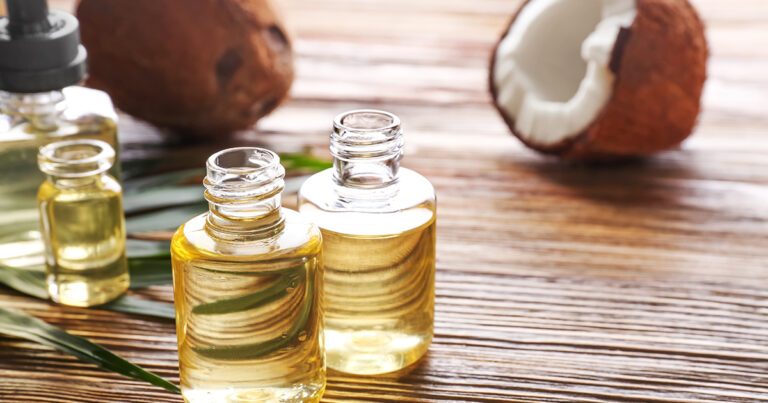
Coconut Oil
Source: Coconut oil is obtained by pressing the meat of mature coconuts.
History: Moving beyond its culinary uses, coconut oil has a long history as a traditional remedy in tropical regions for various skin ailments.
Science: Coconut oil has Lauric acid, which contains antifungal and antibacterial properties.
Safety Rating: It is highly safe and even edible, making it a great choice for all ages.
Smell: Adding to its appeal, coconut oil has a sweet, tropical fragrance that’s universally loved.
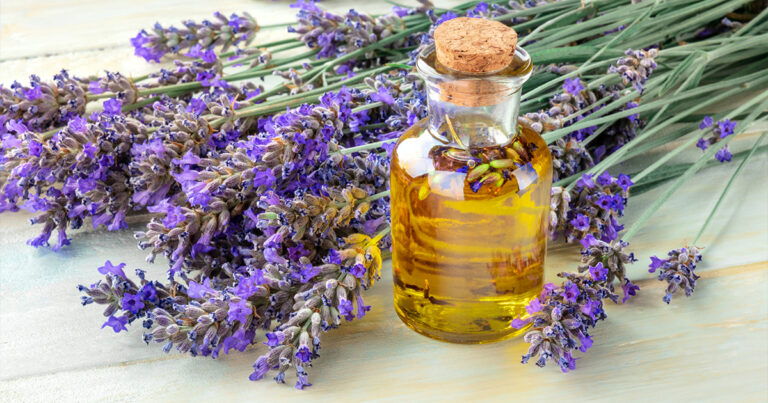
Lavender Oil
Source: It is distilled from the flowers of the lavender plant.
History: Used in European traditional medicine since ancient times as an Antifungal Balm.
Science: Studies have shown that lavender oil effectively inhibits the growth of fungi like Candida.
Safety Rating: It is safe for most people and soothing to the skin.
Smell: It has a delightful, calming, floral scent that induces relaxation.
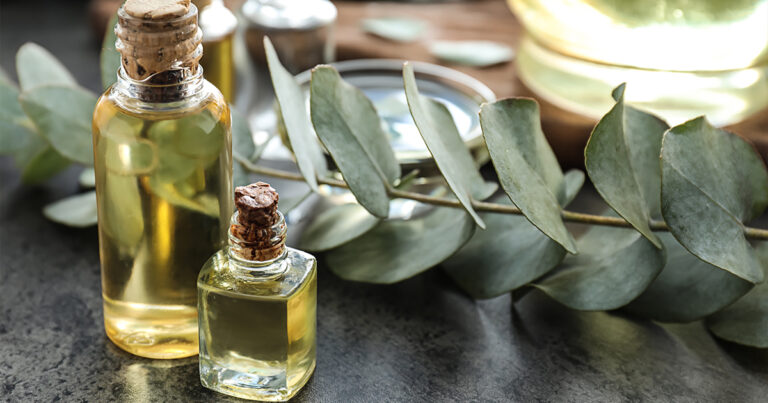
Eucalyptus Oil
Source: It is extracted from the leaves of the eucalyptus tree.
History: It has a long history of use in Australian Aboriginal medicine, particularly valued for its antiseptic properties.
Science: It contains eucalyptol, which has potent antifungal effects.
Safety Rating: It is generally safe but should be used in diluted form to avoid irritation.
Smell: It has a refreshing, menthol-like aroma that many find invigorating.
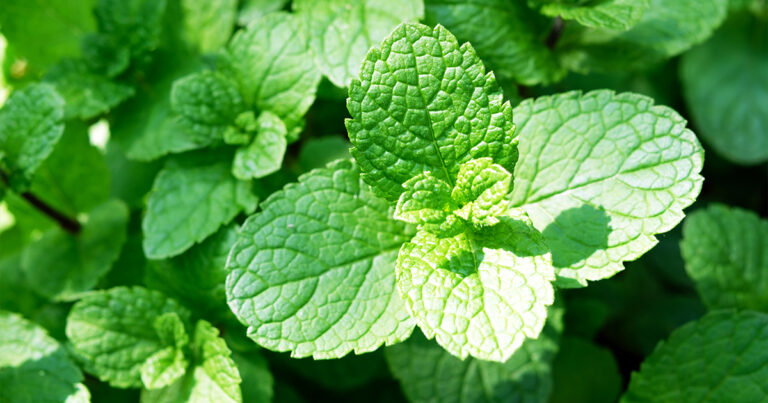
Peppermint Oil
Source: It is derived from the leaves of the peppermint plant.
History: Peppermint oil has been used in traditional medicine for its cooling and soothing effects.
Science: Menthol in peppermint oil has antifungal and antimicrobial properties.
Safety Rating: It is safe for topical use when diluted.
Smell: It has a crisp, minty scent that invigorates the senses.
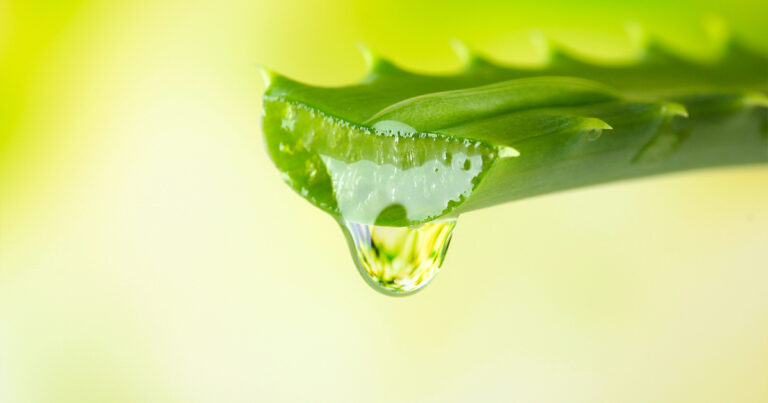
Aloe Vera
Source: It is extracted from the leaves of the aloe vera plant.
History: Used for thousands of years in traditional medicine worldwide.
Science: Aloe vera contains compounds that inhibit fungal growth and promote skin healing.
Safety Rating: It is extremely safe and soothing for all skin types.
Smell: Unlike some other botanical extracts, it has a mild, fresh scent that’s barely noticeable.
Why Choose Our Antifungal Balm?
The rise in antibiotic resistance and side effects associated with synthetic antifungals have led many to seek natural alternatives. Consequently, our Antifungal Balm combines the best of nature to offer a safe, effective solution for fungal infections without compromising long-term health.
Benefits of Natural Antifungals:
- Gentle on Skin: Natural ingredients nourish and protect your skin
- Minimal Side Effects: Reduced risk of allergic reactions and irritation.
- Eco-Friendly: Sustainable sourcing and minimal environmental impact.

Conclusion
Ultimately, natural antifungals offer a powerful, safe alternative to chemical-laden treatments. By harnessing the efficacy of ingredients like tea tree oil, macadamia seed oil, and zinc undecylenate, our Antifungal Balm provides a comprehensive solution for maintaining healthy skin.
Ready to experience the benefits of nature’s most potent antifungals? Try our Antifungal Balm today and join a community of health enthusiasts dedicated to natural wellness.
To read more about our products and discover more about them, visit our website.
Experience the difference that pure, potent, and proven ingredients can make in your skincare routine. Your skin deserves the best.
- Category:
- For Skin, Fungal Infections, Natural Remedies, Skin Ailments
